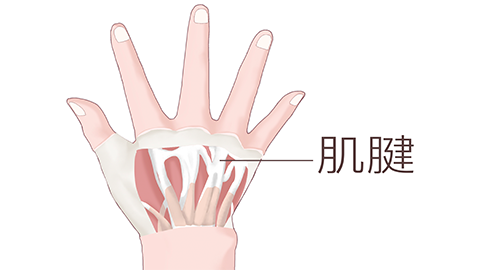How to treat a tendon strain
Tendon strain is usually caused by improper exercise, external impact, tendonitis, osteoporosis, or muscle degeneration due to diabetes. Treatment mainly includes rest, physical therapy, medication, and preventive measures should be taken according to the specific causes. Detailed analysis is as follows:

1. Improper exercise: During exercise, if the range of motion is too large, posture is incorrect, or warm-up is inadequate, the tendon may be subjected to excessive pressure and become strained. The individual should stop exercising immediately, apply local cold compresses to reduce swelling and pain, followed by heat application to promote blood circulation and recovery.
2. External impact: Direct impact or compression from external objects on the tendon may also cause strain. The tendon experiences sudden high-intensity pressure from the impact, causing fiber rupture or damage. Prompt rest, cold compresses, heat application, and physical therapy or surgical treatment according to the severity of the injury are recommended.
3. Tendonitis: Tendonitis is an inflammatory disease of the tendons and surrounding tissues, possibly caused by chronic strain, trauma, or infection. Inflammation causes swelling, pain, and increases the risk of tendon strain. It is recommended to use anti-inflammatory and pain-relieving medications such as ibuprofen sustained-release capsules, diclofenac sodium sustained-release tablets, or acetaminophen tablets under a doctor's guidance.
4. Osteoporosis: Osteoporosis is characterized by reduced bone mass and microstructural damage to bone tissue, which increases bone fragility. It may affect the junction between tendons and bones, making tendons more susceptible to injury. The underlying pathogenesis involves reduced bone density, which compromises the stability of tendon attachment points. Treatment may involve medications such as vitamin D2 calcium lactate tablets, alendronate sodium tablets, or zoledronic acid injection, as directed by a physician.
5. Muscle degeneration caused by diabetes: Diabetes, which may be associated with genetic factors, obesity, and other elements, can lead to chronic inflammation and metabolic abnormalities in muscles and tendons, resulting in gradual degeneration and fragility. This increases the risk of tendon strain and may be accompanied by symptoms such as muscle pain, stiffness, and dysfunction. Treatment may involve using medications such as metformin hydrochloride tablets, gliclazide sustained-release tablets, or repaglinide tablets as directed by a physician to control the condition.
In daily life, it is important to reasonably plan exercise and work intensity and maintain correct posture to aid in body recovery.






